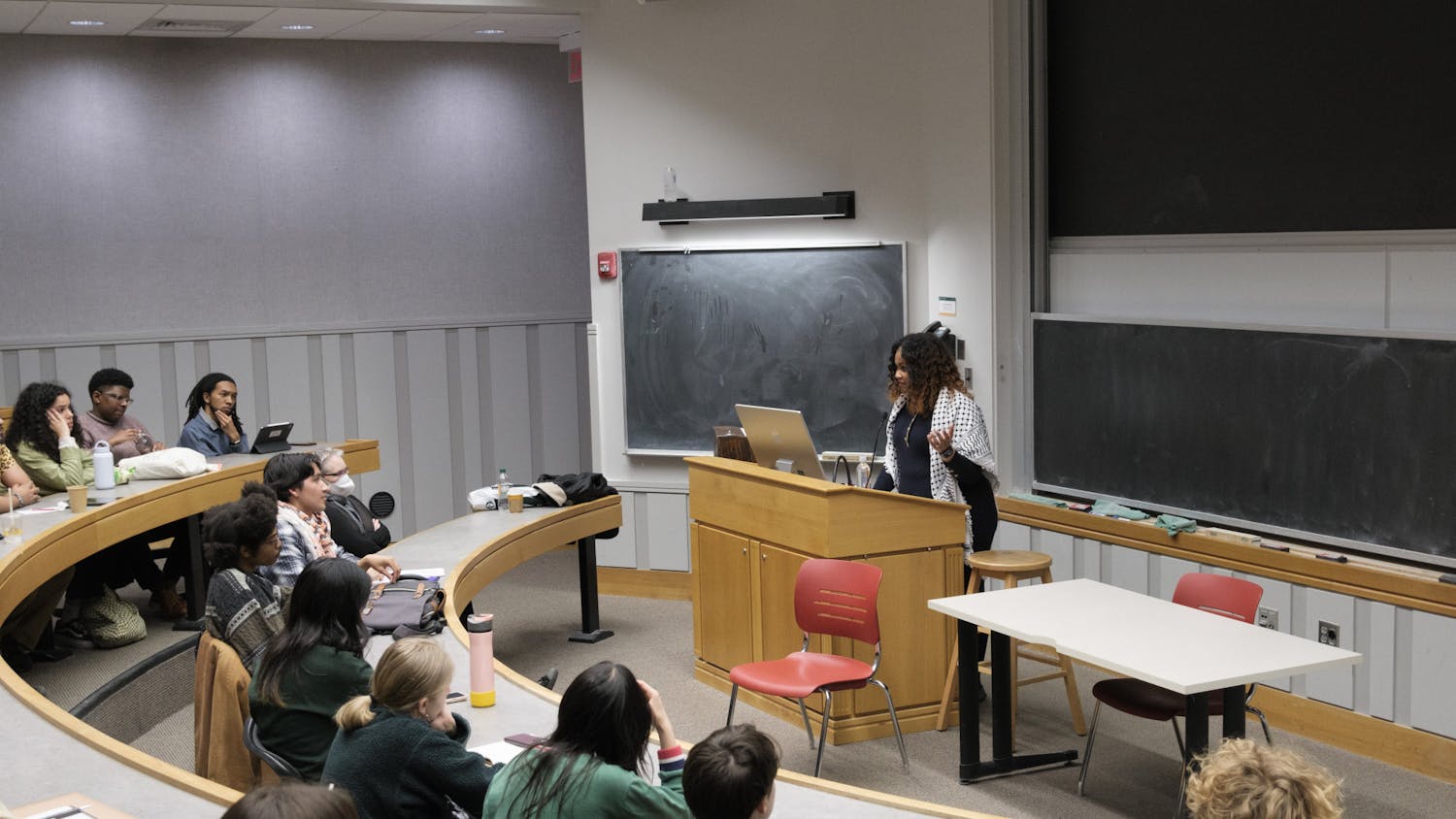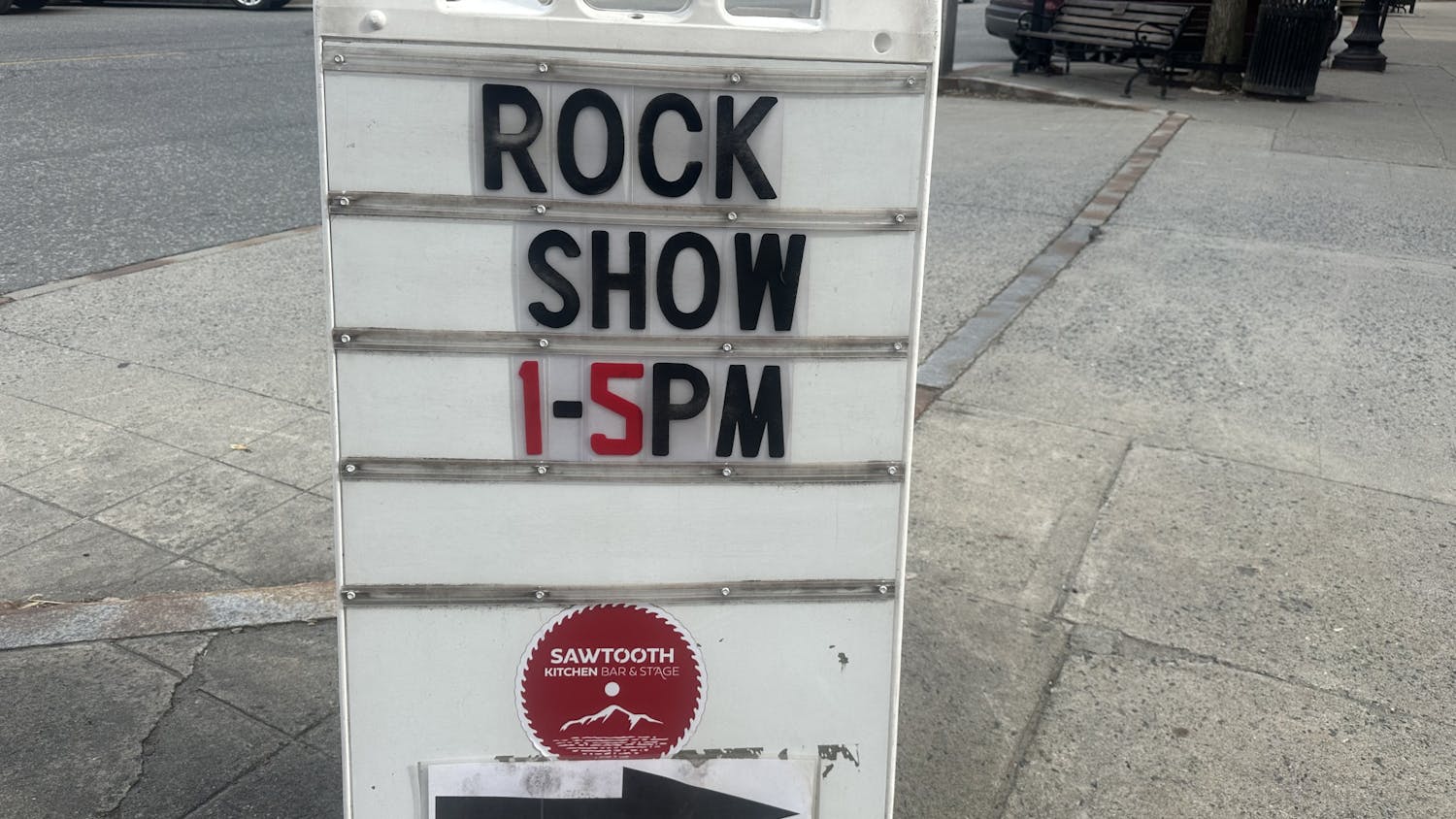America's historical relationship with its native population has been less than stellar. Indeed, learning about the atrocities that our government perpetuated against Native Americans can lead many young Americans to question the myth of America. However, it is important to note that America is not alone in regards to its historical misdeeds. The government of Australia has had a relationship just as bad, if not worse, with its Aboriginal citizens. This conflict forms the dramatic core of "The Sapphires" (2012), an otherwise light romp in the vein of "The Help" (2011).
Set in Australia in 1968, "The Sapphires" focuses on the four talented Aboriginal women who form the eponymous singing group despite the massive amount of prejudice they face from their fellow Australians. After coming under the management of the boorish but well-meaning Dave Lovelace (Chris O' Dowd), the girls embark on a gig entertaining the U.S. troops in Vietnam.
"The Sapphires" is the kind of film that slaps a big goofy smile on your face. There are enough jokes, one-liners and comebacks to keep any normal person entertained for nearly 100 minutes. Most of it comes courtesy of O'Dowd, who is slowly becoming ubiquitous after his turn in "Bridesmaids" (2011) and HBO's "Girls". As the loveable Lovelace, O'Dowd shows the acting chops and charisma of a man who will be around for a long, long time.
When I saw this film at the Telluride showings at Dartmouth last year, I was a bit perplexed by those in the audience who derided the film as cliche. Now I for one hate old, used-up tropes that I've seen a million times, but using these tropes when telling stories is inevitable since they're shown to be effective. The trick is to make it not feel old and boring, and that's what "The Sapphires" does with its heartfelt performances and strong writing. The fact that it's based on a true story doesn't hurt its appeal either; it does a much better job of illustrating the underdog story than "42" (2013) did and is a much happier story of a minority musical group than "Dreamgirls" (2006) was.
Yet "The Sapphires" doesn't hold back with its social criticism. Central to the film's plot is the Australian government's controversial policy of taking white-looking Aboriginal children from their families and placing them with white Australian families. This happens to one of the members of the group, Kay (Shari Sebbens), and she doesn't reunite with her friends until years later when they form The Sapphires.
Understandably, this causes resentment amongst the remaining members of the group, especially their leader, Gail (Deborah Mailman), an Aboriginal woman with a fiery personality who takes offense to Kay's upbringing even though it was beyond her control. For the first half of the film. Gail acts like someone on Tumblr blaming and shaming Kay for growing up with her "white family" and deriding her for living a better life than the friends she was forced to leave behind.
While Gail's attitude does eventually soften, partly due to her relationship with Lovelace, it's a bit jarring to see such vitriol and self-racism illustrated on screen in a vivid manner, especially when the hatred escalates into full-blown violence. In this respect, "The Sapphires" succeeds in making us think about racial issues from a perspective we normally wouldn't.
Strangely, although the film integrates the Vietnam War into its narrative, very little is said about America's racial problems at the time. Then again, perhaps that was the point: showing one culture of injustice is enough to draw conclusions about them all.
"The Sapphires" is currently playing at the Nugget.



